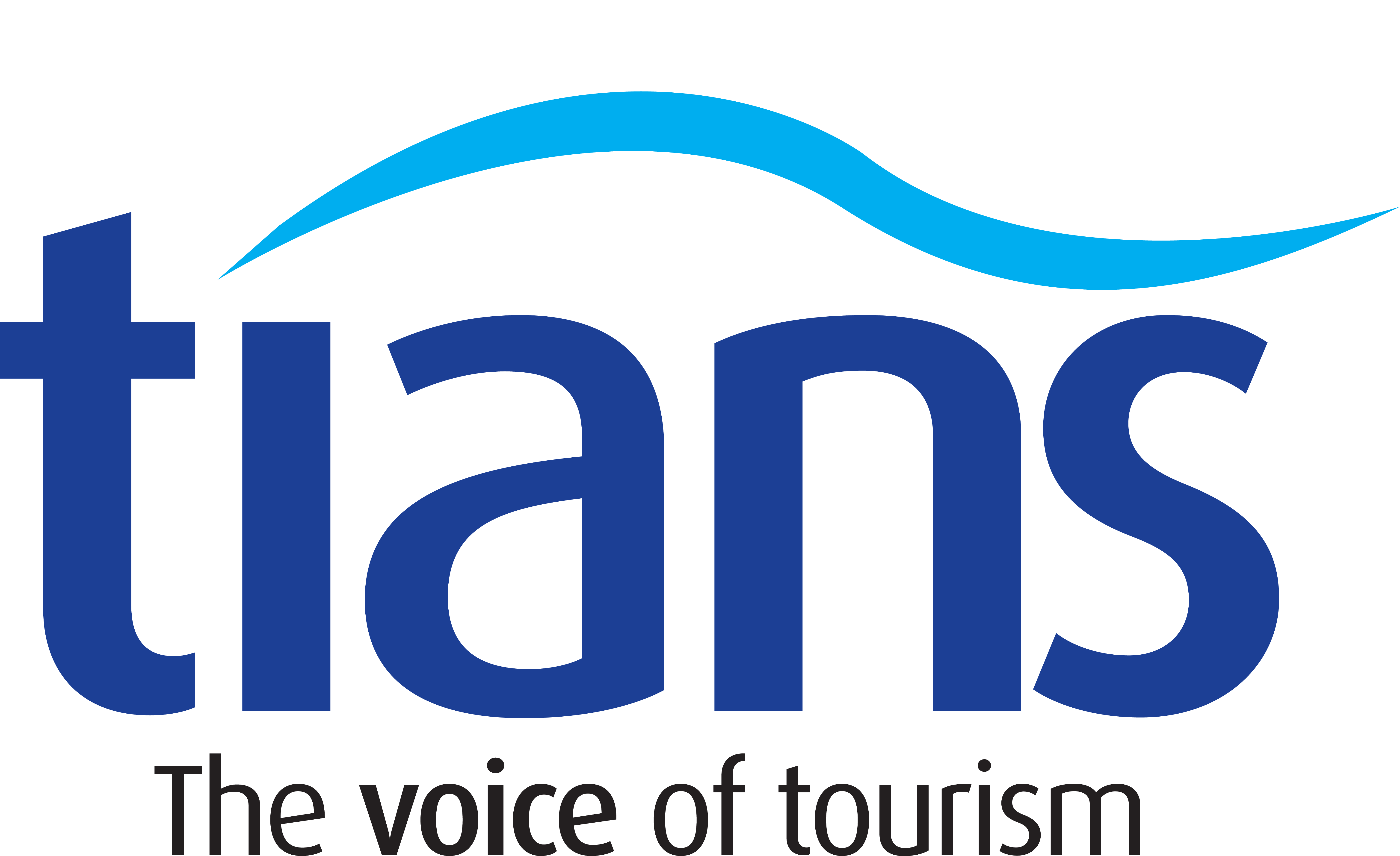Does mandatory workplace COVID-19 testing make sense for your organization?
In normal times, requiring employees to undergo medical testing of any kind is highly problematic. However, privacy, human rights and other regulators across the country have acknowledged that workplace COVID-19 testing may be justified during the pandemic under certain conditions. Here are 11 FAQs summing up the current ground rules for workplace testing.
Q1: Can We Require Employees to Get Tested for COVID-19?
ANSWER: Yes, provided that:
- You really need test results to ensure the health and safety of your workplace;
- There are no less privacy intrusive measures available to obtain that information;
- You keep the information private and secure use and disclose it only for health and safety purposes.
Point of Clarification: “Requiring” testing doesn’t mean physically forcing employees to undergo testing; it just means that you can order them to leave or prevent them from reporting to work if they refuse to be tested.
Q2: In Which Circumstances Is Employee COVID-19 Testing Allowed?
ANSWER: As of August 18, no Canadian public health agency has specifically addressed this question. So, the best source of guidance comes from the U.S. Centers for Disease Control and Prevention (CDC), which says workplace testing for non-healthcare workers is appropriate in 5 situations:
- Testing employees with COVID-19 symptoms (see the box below);
- Testing employees with known recent (within 48 hours) exposure, e.g., prolonged (15 minutes or more) close (within 6 feet/2 meters) of a person confirmed as having COVID-19;
- Surveillance testing asymptomatic employees without any known or suspected exposure in certain kinds of high-risk workplaces;
- Testing employees in self-isolation or quarantine to see if they can return to work; and
- Testing for public health surveillance purposes to detect transmission hot spots or study workplace disease trends.
Most Common COVID-19 Symptoms
- Fever
- Cough
- Tiredness
- New Loss of Taste or Smell
- Shortness of Breath or Difficulty Breathing
- Muscle Aches
- Chills
- Sore Throat
- Runny Nose
- Headache
- Chest Pain
- Diarrhea or Nausea
These rules would also likely apply in Canada, with the possible exception of #3.
Explanation
Because it’s the most privacy-intrusive, requiring all employees to be tested even if they don’t have symptoms is the hardest to justify and would likely be allowed only in workplaces where social distancing can’t be maintained or in remote settings such as offshore oil platforms where employees can’t get immediate treatment.
Q3. Does It Matter Which Kind of COVID-19 Testing We Use?
ANSWER: Yes. There are 2 basic kinds of COVID-19 tests currently available:
- Molecular RT-PCR (reverse transcription polymerase chain reaction) tests detect RNA from the virus that causes coronavirus from throat tissue samples collected with long swabs; and
- Blood-based serological tests detect not the virus itself but the antibodies the body creates to fight it.
While antibody tests are much faster, they’re far less accurate than the molecular RT-PCR tests. As a result, the Equal Employment Opportunity Commission, i.e., the U.S. equivalent of the provincial human rights commissions, has made it clear that employers aren’t allowed to use antibody tests for COVID-19 screening. The same reasoning would seem to apply in this country. But so far at least, none of the Canadian human rights commissions have made a distinction between RT-PCR and antibody testing for purposes of workplace screening.
Q4. When Should Employees Be Tested?
ANSWER: It depends on whether the employee has symptoms:
The Symptomatic: Testing should be required immediately after employees exhibit COVID-19 symptoms or are discovered to have had recent exposure. Employees should also be sent home until their test results.
The Asymptomatic: Asymptomatic employees should be tested before they report to work. The best solution would be to test employees right at the site and get instant results. But current testing technology doesn’t allow for this. RT-PCR tests must be done by an offsite testing lab using special instruments to isolate the patient’s RNA and take about 48 hours to process—or even a week or more if the lab is backed up. This obviously reduces the reliability of the test results because of the risk that employees will develop the virus after they’re tested and before the results are reported. This is something you need to consider in determining whether testing makes sense for your organization.
Q5. How Often Should Employees Be Retested?
ANSWER: It would be great if you could test employees each day when they arrive for work and clear them based on their test results a la temperature screening. But testing doesn’t work this way. So, you need to determine how frequently testing needs to be repeated based on the risks involved and factor the minimum 48-hour delay into the process.
Exception: Employees with symptoms and recent exposure need to be tested immediately, regardless of when they were last tested.
Q6. Do Employees Need to Be Tested If They’ve Recovered from COVID-19?
ANSWER: Yes. There’s currently no scientific proof that people who’ve had COVID-19 can’t get it again. Consequently, you shouldn’t exempt employees from your testing requirements simply because they’ve already had COVID-19.
Q7. Who Should Do the Actual Testing?
ANSWER: Unless you’re an accredited healthcare organization, you can’t do COVID-19 testing yourself but must hire a qualified lab company to do it for you. Because testing services are in such high demand right now, you might have to pay a premium rate.
Q8. Do I Have to Pay Employees for Testing Time?
ANSWER: That shouldn’t be an issue if the testing company collects samples right at your site. But if employees have to go to an offsite lab to be tested, your reimbursement obligations will depend on the terms of your current employment contracts, collective agreements and health plans. In other words, we’re not aware of any OHS or public health laws that require employers to pay their employees for their time getting COVID-19 tested.
Q9. What Testing Information Must You Provide Employees?
ANSWER: Privacy and human rights commissions have made it clear that employers need to be open and transparent about their testing policies and provide employees information about:
- The purpose of testing;
- The medical information they intend to collect;
- How they propose to use that information, especially positive test results;
- To whom and for what purpose they will disclose the information; and
- How long they plan to keep the information.
Q10. What Should We Do If an Employee Tests Positive?
ANSWER: Immediately send the employee home and require him/her to self-isolate for as long as required under current public health guidelines. The one thing you cannot do is terminate or discipline the employee for testing positive.
Q11. Whom Can We Notify If an Employee Tests Positive?
ANSWER: In most jurisdictions, employers must report workplace COVID-19 cases to local health officials. You also need to notify employees, contractors, clients and guests who’ve had recent and close contact with the employee in the workplace of the case and advise them to be tested. But be careful to limit the disclosure to the minimum information necessary to alert notice recipients to the situation and fact that they’re at risk without disclosing the employee’s name or other personal information that may be used to identify him/her.

